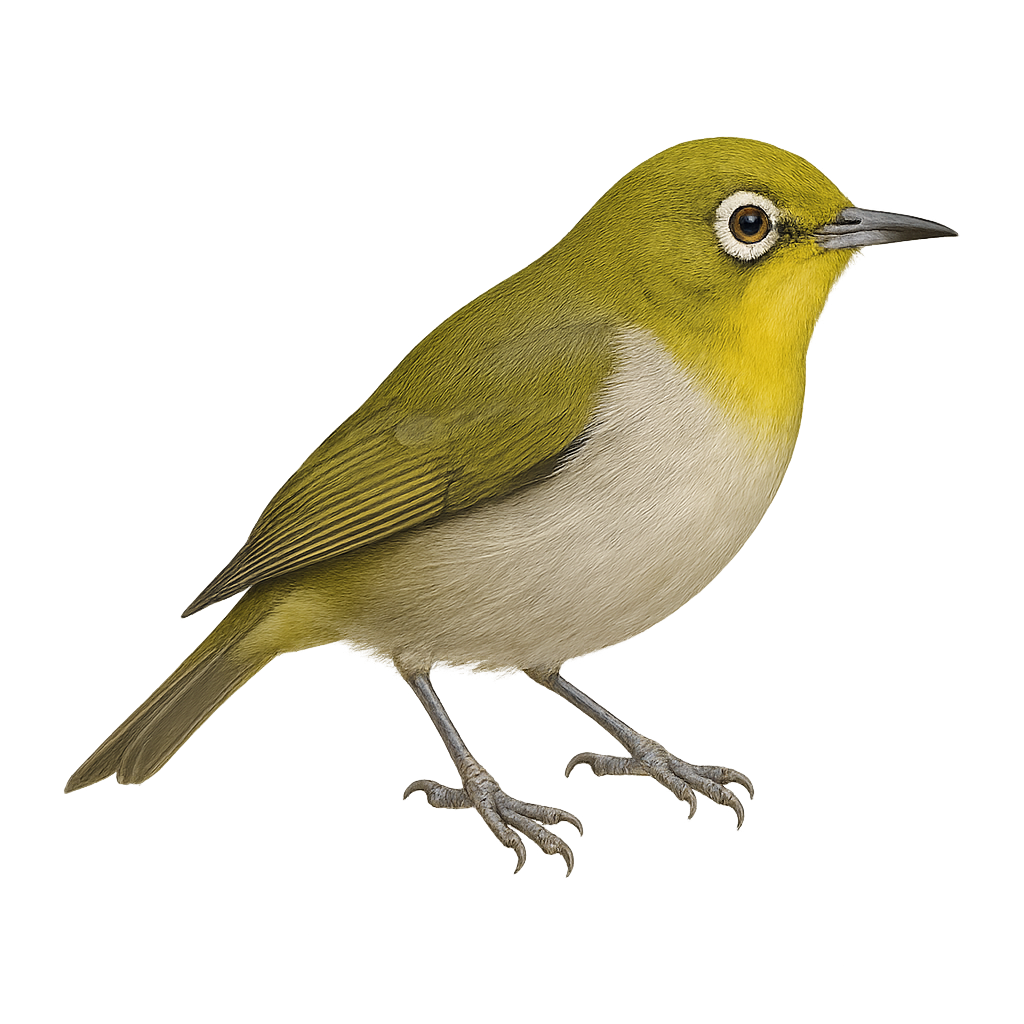Your wildlife photography guide.
Explore the japanese white-eye in detail, study its behavior, prepare your shots.
Where to observe and photograph the japanese white-eye in the wild
Learn where and when to spot the japanese white-eye in the wild, how to identify the species based on distinctive features, and what natural environments it inhabits. The WildlifePhotographer app offers tailored photography tips that reflect the japanese white-eye’s behavior, helping you capture better wildlife images. Explore the full species profile for key information including description, habitat, active periods, and approach techniques.
Japanese White-eye
Scientific name: Zosterops japonicus

IUCN Status: Least Concern
Family: ZOSTEROPIDAE
Group: Birds
Sensitivity to human approach: Tolerant
Minimum approach distance: 5 m
Courtship display: March to July
Incubation: 11-13 jours
Hatchings: March to August
Habitat:
forests, gardens, urban areas
Activity period :
Primarily active during the day, with peak activity in the morning and late afternoon.
Identification and description:
The Japanese White-eye, scientifically known as Zosterops japonicus, is a small passerine bird with olive-green plumage and a distinctive white eye-ring. Native to East Asia, it is commonly found in gardens, forests, and urban areas. This bird is highly social and often moves in flocks. It primarily feeds on nectar, fruits, and insects. Its adaptability to various environments makes it a resilient species. Although mainly resident, some individuals migrate seasonally. Its presence is often marked by its melodious song and high-pitched calls.
Recommended lens:
400 mm – adjust based on distance, desired framing (portrait or habitat), and approach conditions.
Photography tips:
To photograph the Zosterops japonicus, choose sunny mornings when the natural light is soft. Use a 400mm lens or longer to capture precise details without disturbing the bird. Look for it in gardens or forests, where it is often active and visible. Be patient and wait for it to perch on an open branch to get a clear shot. Avoid sudden movements to prevent scaring it away.
From knowledge to field practice
A species profile helps you understand an animal. In the field, the challenge is often different. Remembering your own observations.
The WildlifePhotographer app allows you to:
• record your personal observations
• note locations, dates, and behaviors
• revisit your field references over time
• build a private and long-term field logbook
The app does not provide observation locations.
It helps you organize what you actually observe, with respect for wildlife.

